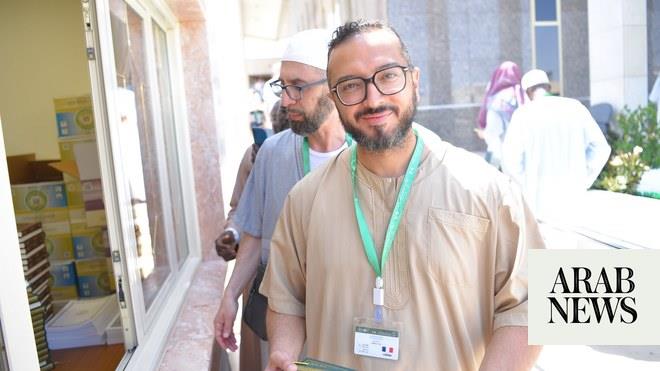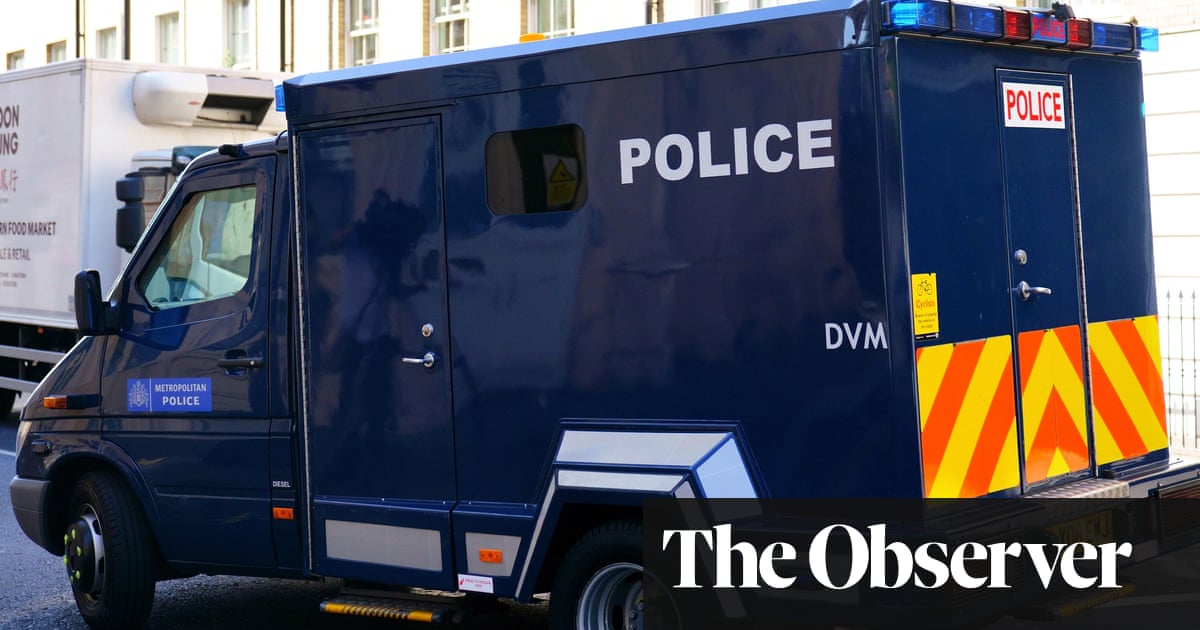
Almost one in 10 local bus services were axed in Great Britain in the last year despite government promises to improve local transport connectivity being a key pillar of its levelling up agenda.
The reductions – equivalent to more than 1,000 registered routes – follow the publication of a national bus strategy for England in 2021, aimed at improving routes and service frequencies. The figures suggest the “bus back better” strategy, conceived under the then prime minister Boris Johnson, has failed to halt the decline in local bus services.
A Guardian analysis of data from the Traffic Commissioners – the body responsible for registration of local bus services – found the number of live registered services fell 9.5% between January 2022 and 2023.
People in communities such as Sheffield, Bath, Lincoln or Stoke-on-Trent, among many others, told the Guardian how axed, unreliable or infrequently serviced bus routes had forced them to abandon medical appointments, house purchases or going to work.
A local bus service used to regularly take Rosa Kell, a disabled pensioner, from Wells in Somerset – often described as England’s smallest city – to Weston-super-Mare, where she would go shopping, meet a friend or visit her dentist.
“On 8 October, the local bus company, First, axed the service, because it was not commercially viable,” she said. “Passengers got a partial route reinstated. The new temporary service is insufficient for workers as it finishes at 5.40pm. It has left many schoolchildren arriving late for school or having to use taxis.”
From April, even this service is predicted to stop, when the government’s bus recovery grant runs out – an England-wide subsidy aimed at helping local bus services recover from the pandemic. The Guardian understands the Department for Transport (DfT) is considering long-term support for the bus sector from April.
“Rural residents are being abandoned by the government,” Kell said. “We’ll have no access to jobs, colleges, larger shops, GPs, or a social life. There is much talk of ‘levelling up’, but where is the level when we have nothing?”
Kell is one of hundreds of people who responded to a Guardian Community callout about public transport options.
Scores of people, many of them elderly, from cities and rural areas such as Somerset, Devon, Worcestershire, Hertfordshire, Lancashire and Cambridgeshire said they were practically stuck at home, cannot access healthcare, shops or education and have given up socialising.
Melissa, a mother and secondary school teacher from Hampshire, said her 12-year-old daughter developed chilblains, an inflammatory skin condition caused by overexposure to cold, after waiting for the bus for an hour at -5C on her way to school last December.
Since a local bus company went out of business last year, she said, pupils had been frequently late for school or left standing by the roadside because buses are too full to pick them up.
John, 53, an NHS call handler at a large Birmingham hospital, said delays of up to an hour on bus routes in the area caused hospital staff to arrive late for work, leaving emergency call handling “severely affected”. His partner, who also works for the hospital, has retired early as a result. “Her department is cut to the bone, but she’s had enough. I may follow suit soon, since I have to leave the house two hours before my shift starts to be on time now.”
Ellen Nierop, a healthcare assistant from Norwich, was one of several who told the Guardian that First Bus representatives were responding to complaints saying: “We are not a public service, we are here to make a profit.”
A First Bus spokesperson did not deny this message was given out to customers, but said the company was “doing everything we can to maintain reliable services” amid “challenging” driver shortages in some areas and “changing customer travel habits post Covid”.
Falling local bus registrations is a trend that has continued for over a decade, matched by a consistent decline in vehicle miles, passenger journeys, and local government funding. DfT figures show the number of miles driven by local buses in England fell 27% in the 10 years ending 2021-22. The pandemic has also had an impact, with a 16% reduction in miles driven between 2020-21 and 2021-22. Passenger journeys have continued to fall, especially on services outside London.
One of the government’s core 12 levelling up missions is to improve local transport connectivity across the UK to the standards of London by 2030. Last year, research by the Campaign for Better Transport found just 40% of transport authorities applying for funding under the bus back better strategy were allocated money, and those that were successful were only allocated 24% of what they had asked for.
Peter Travis, a co-chair of Somerset Bus Partnership, which was set up when bus back better was launched in March 2021, said drastic further cuts of bus routes were inevitable unless the bus recovery grant was extended beyond April.
“The high hopes for bus back better have been dashed as the government cannibalised that funding, designed to improve buses, and used it to keep buses running during Covid,” he said.
“It was going to offer an extraordinary transformation across England. Somerset asked for £165m and got £12m in April last year. We were grateful for the £12m, but we needed £165m to transform our transport here.”
The registration figures do not capture services that have not been de-registered but have instead had their timetables or routes reduced. Not all de-registrations will have meant a reduction in coverage: some operators have also been tidying up their registrations in recent years, and some de-registrations may reflect the removal of competing routes and services from multiple bus companies.
A DfT spokesperson said it was committed to the national bus strategy. They said: “We have invested £2bn to mitigate the impact of the pandemic and help maintain existing bus routes and over £1bn through bus service improvement plans, while still maintaining the annual £250m bus service operator grant to support services.
“We’ve also invested £60m to cap single bus tickets at £2 across England from 1 January to 31 March to tackle congestion and deliver real savings for passengers.”
Gill Page, a self-employed musician and festival director, lives in a village in the prime minister Rishi Sunak’s constituency of Richmond in North Yorkshire.
“Accessing health and other services is almost impossible without private transport in rural North Yorkshire.
“If you catch the local bus that runs once a day at 9.15 and returns at 12.15, it’s £8 for a return journey. Rishi Sunak is usually a good constituency MP, but these kinds of things just really don’t occur to him. There’s no practical need for these issues to occur to him.”












